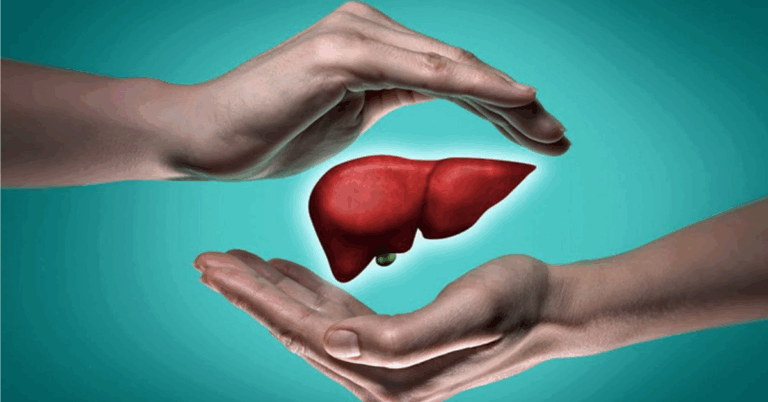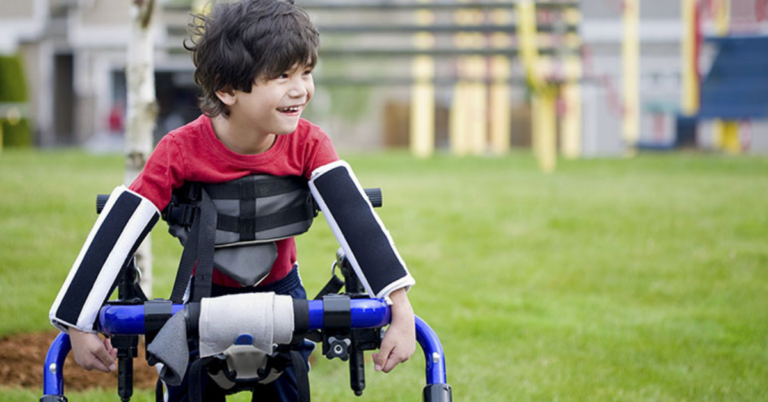Best TCM Acupuncture: A Comprehensive Guide
Traditional Chinese Medicine (TCM) is a holistic approach to healing that has been practiced for thousands of years. One of the most popular and effective treatments in Best TCM Acupuncture, a technique where fine needles are inserted into specific points on the body to promote the flow of energy, or Qi. Acupuncture is known for its ability to address a wide variety of health concerns, ranging from physical pain to emotional imbalances. In this article, we will explore the benefits of acupuncture, how it works, and why it might be the solution you need for your health and wellness.
Understanding Acupuncture in TCM
Acupuncture is one of the main therapies used in Traditional Chinese Medicine. It is based on the belief that the human body contains a vital energy known as Qi (pronounced “chee”), which flows through pathways in the body called meridians. When the flow of Qi is disrupted, it is believed that illness or pain can occur. Acupuncture works by stimulating specific points on the body to restore the proper flow of Qi, balancing the body’s energy and promoting healing.
In TCM, the body is viewed as an interconnected system, and health depends on the balance of both the physical and emotional aspects of a person. Acupuncture works to harmonize the body’s energy and support its natural healing abilities.
The Science Behind Acupuncture
While acupuncture is based on ancient Chinese philosophy, modern science has shown that it can have real, physiological effects on the body. Research suggests that acupuncture can stimulate the nervous system, trigger the release of neurotransmitters, and improve blood flow. These biological responses can help reduce pain, enhance healing, and improve overall well-being.
Acupuncture has been shown to increase the production of endorphins, which are the body’s natural painkillers. It may also improve the body’s immune function, reduce inflammation, and promote the release of other healing substances. Studies have even suggested that acupuncture can affect brain chemistry, reducing symptoms of anxiety and depression by increasing serotonin and dopamine levels.
Conditions Treated by Acupuncture
Acupuncture is known to treat a wide variety of conditions, both physical and emotional. Some of the most common conditions treated with acupuncture include:
1. Pain Management
Chronic Pain: Acupuncture is particularly effective for managing chronic pain conditions like back pain, neck pain, and joint pain. It can provide relief from conditions such as arthritis, sciatica, and fibromyalgia by stimulating the body’s natural pain-relieving mechanisms.
Headaches and Migraines: Acupuncture has been used to treat tension headaches and migraines. By targeting specific acupuncture points, it can reduce the frequency and intensity of headaches.
Sports Injuries: Whether it’s sprains, strains, or other sports-related injuries, acupuncture can speed up recovery, reduce inflammation, and ease pain.
2. Digestive Disorders
Irritable Bowel Syndrome (IBS): Acupuncture is known to relieve symptoms of IBS, including bloating, constipation, and diarrhea. It can regulate digestive function and reduce stress, which is often a contributing factor in digestive disorders.
Acid Reflux: Acupuncture can help reduce acid reflux and other gastrointestinal disorders by improving the function of the digestive system and reducing stress levels.
3. Stress and Mental Health
Anxiety and Depression: Acupuncture has been shown to help balance the body’s energy and improve mental health. It can reduce symptoms of anxiety and depression by stimulating the release of endorphins and balancing serotonin and dopamine levels in the brain.
Insomnia: For those suffering from sleep disorders like insomnia, acupuncture can help promote relaxation, reduce stress, and restore the natural sleep cycle.
4. Reproductive Health
Fertility: Acupuncture can improve fertility by regulating the menstrual cycle, balancing hormones, and improving blood flow to the reproductive organs. Many couples seeking fertility treatments have turned to acupuncture as a complementary therapy to enhance the effectiveness of other treatments.
Menstrual Disorders: Acupuncture can help regulate irregular menstrual cycles and alleviate pain associated with menstruation, including cramps and bloating.
5. Respiratory Issues
Asthma and Allergies: Acupuncture can help alleviate symptoms of asthma and seasonal allergies by boosting the immune system and improving lung function.
Chronic Sinusitis: Acupuncture has been found to be effective in treating chronic sinusitis by reducing inflammation in the nasal passages and improving sinus drainage.
The Acupuncture Treatment Process
The acupuncture treatment process involves several steps to ensure the best results. Here is a general overview of what you can expect during an acupuncture session:
1. Initial Consultation
During your first visit, the acupuncturist will conduct a thorough assessment of your health history, lifestyle, and the specific condition you wish to treat. This will include questions about your diet, sleep patterns, emotional health, and physical well-being. The acupuncturist may also perform a physical examination and take your pulse to understand your overall health and energy flow.
2. Insertion of Needles
Acupuncture needles are very fine, and most patients report little to no discomfort during the insertion. The acupuncturist will insert the needles at specific points on your body that correspond to your condition. The needles may be inserted shallowly or deeper into the skin, depending on the treatment plan.
3. Needle Stimulation
Once the needles are inserted, you may feel a sensation of warmth, heaviness, or slight tingling around the needle site. These sensations are normal and are a sign that the acupuncture is stimulating the flow of Qi. The needles are typically left in place for about 15 to 30 minutes.
4. Post-Treatment Care
After the needles are removed, the acupuncturist may offer advice on lifestyle changes, such as improving sleep hygiene or managing stress. You may be advised to drink plenty of water or avoid strenuous physical activity for the next few hours.
Benefits of Acupuncture
Acupuncture is a safe and effective therapy for many people seeking an alternative or complementary treatment. Some of the key benefits of acupuncture include:
Non-Invasive: Acupuncture is a non-invasive treatment option, making it a great alternative for those who want to avoid surgery or the side effects of medications.
Personalized Care: Acupuncture practitioners take a personalized approach to treatment, tailoring the session to your individual needs.
Holistic Approach: Acupuncture addresses both the physical and emotional aspects of health, aiming to treat the root cause of a condition rather than just masking the symptoms.
Fewer Side Effects: Compared to pharmaceuticals, acupuncture generally has fewer side effects, making it an attractive option for those who experience adverse reactions to medications.
Frequently Asked Questions (FAQ)
1. Is acupuncture painful?
No, acupuncture is generally not painful. Most people experience only a mild, brief sensation when the needles are inserted. Some people may feel a slight tingling, warmth, or heaviness at the needle sites, but this is normal and indicates that the acupuncture is working.
2. How many sessions will I need?
The number of sessions required will depend on the severity of your condition and how your body responds to treatment. Some people notice improvements after just one session, while others may need several treatments for optimal results. Your acupuncturist will discuss a treatment plan with you based on your individual needs.
3. Can acupuncture help with anxiety?
Yes, acupuncture has been shown to reduce anxiety by balancing the body’s energy and improving the production of neurotransmitters like serotonin and dopamine. Many people use acupuncture as part of a holistic approach to managing anxiety and improving mental well-being.
4. Are there any side effects of acupuncture?
Acupuncture is generally considered safe when performed by a trained professional. The most common side effect is minor bruising or soreness at the needle insertion sites. These effects are usually temporary and resolve quickly.
5. Can acupuncture help with chronic pain?
Yes, acupuncture is widely used for chronic pain management, particularly for conditions such as back pain, arthritis, and headaches. It works by stimulating the body’s natural healing processes and relieving pain through the release of endorphins and other healing substances.
6. Is acupuncture suitable for everyone?
Acupuncture is safe for most people, but there are some exceptions. Pregnant women, those with certain health conditions, or people on specific medications should consult with a qualified acupuncturist before starting treatment. It is always important to discuss your medical history with your practitioner.
Acupuncture is a time-tested and effective treatment option for a wide range of conditions, from pain relief to mental health support. By balancing the body’s energy and promoting natural healing, acupuncture offers a holistic approach to wellness. If you’re considering acupuncture as a part of your health and wellness routine, consult with a licensed acupuncturist to see how this ancient therapy can benefit you.







